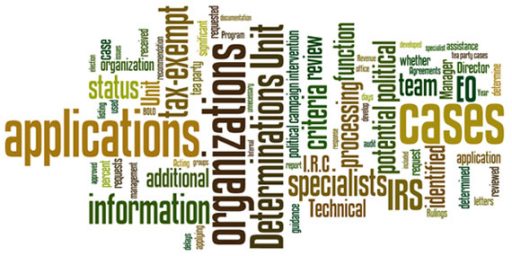Résumé Writing Tip: Steal Keywords From Job Posting
Copy specific phrases and buzzwords from the job posting into the résumé and build them into the bullet points.
FSU’s Brent Miller has a provocative column at The Chronicle of Higher Education titled “Why I Tossed Your Résumé.” Having been at this working thing a couple of decades now, none of it struck me as novel or noteworthy except for this:
You didn’t speak our language. Here’s a trick I have used to land jobs myself: I copy specific phrases and buzzwords from the job posting into my résumé. Then I build them into the bullet points. “Instructional design a plus” from the posting becomes “experience in instructional design” on my application. (Obviously, I only do that when the statements are true.) I don’t refer to instructional design as something else, such as “building course materials.”
I have found that committee members who quickly scan résumés often look for the specific phrases they put in the job posting. Using other phrases to describe the same activity might cause a committee member to unknowingly pass over critical parts of your experience while they speed read. I have also heard of some corporate employers using an automated filter that electronically weeds out applications if they lack the right “keywords,” which essentially are the words from the job posting. I don’t know of any colleges that do that—yet. But in the emerging age of digital applications, that point doesn’t seem too far off.
I’ve done the keywords thing in cover letters but it’s never really occurred to me to do so for the résumé. While perhaps a bit cheesy, it’s likely a smart strategy.
Column via Becky Johnson. Resume photo via Shutterstock.






It’s more than a smart strategy–it’s completely necessary. Many companies have completely moved to online portal systems for one to apply (not just the best buys and h&r blocks of the world, but larger “professional” career destinations). Since often hundreds, if not thousands of resumes are received for one position, software scans and eliminate resumes that don’t fit certain profiles.
Copying keywords in your resume helps to increase your chances of being found.
I’ve considered updating my resume, more for nonprofits now than job seeking. I bookmarked this:
The 24-Step Modern Resume
Kind of a neat summary of “measures-countermeasures.”
@Neil Hudelson: I agree. In this age of online applications and “check the box” HR monkeys, it is totally necessary to tailor your application materials to the exact wording of the job description. When I was looking for work in 2010, I got nowhere until I started tailoring everything I submitted for each job I applied for.
I had three “stock” resumes and an Excel spreadsheet full of pre-written bullet points that I could cut and paste in to the most appropriate resume for the position and then tailor as needed. I also had an Excel spreadsheet that had the necessary information for all of my professional references and prewritten (by likely data entry field) contact info and job descriptions for all of my past employers.
I’m exhausted just thinking about it. Anyone who doesn’t view job hunting as full-time work isn’t taking their job hunt seriously. By the time I found a job, I needed a vacation!